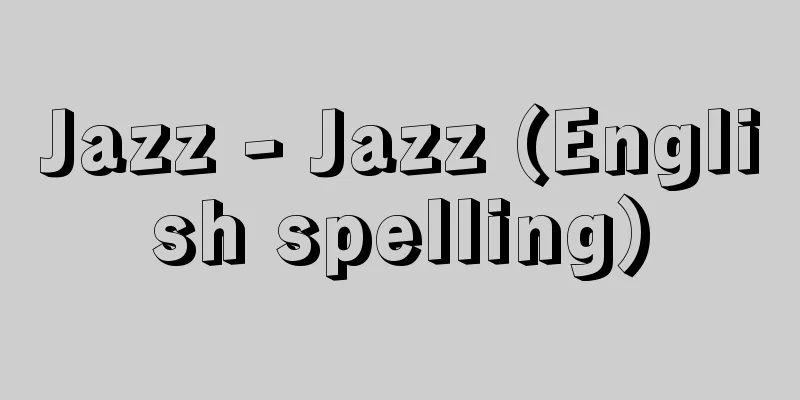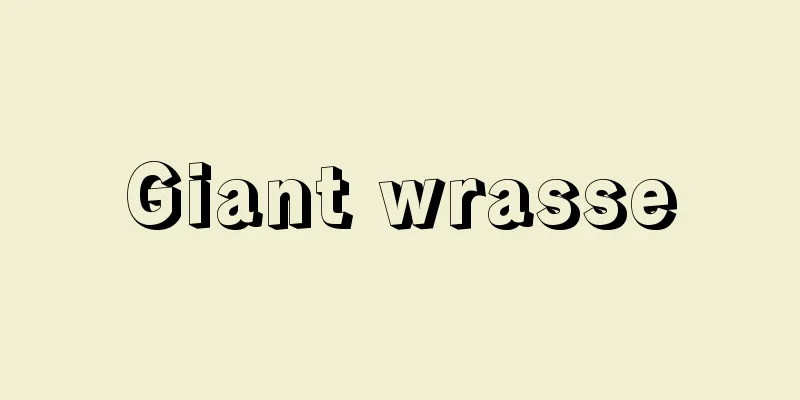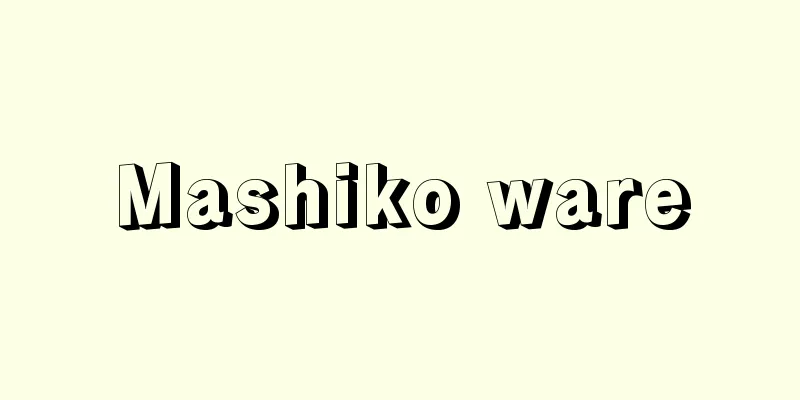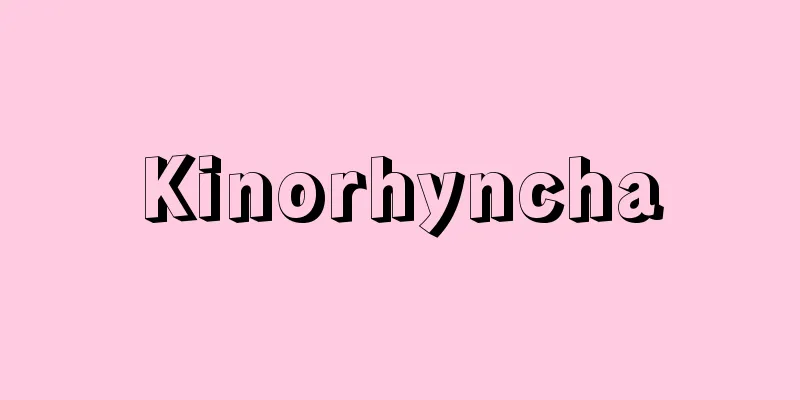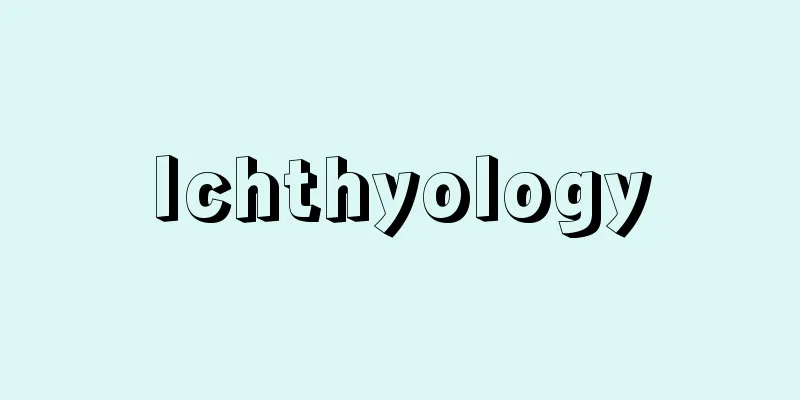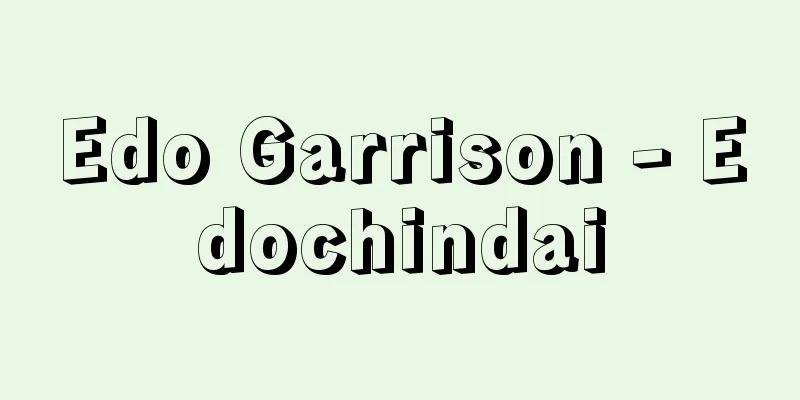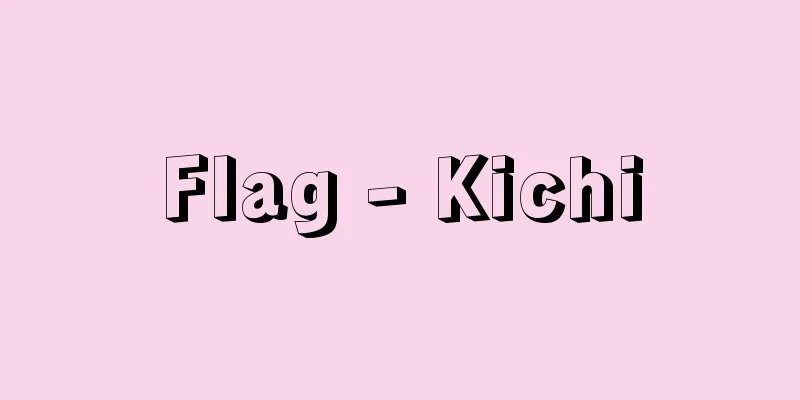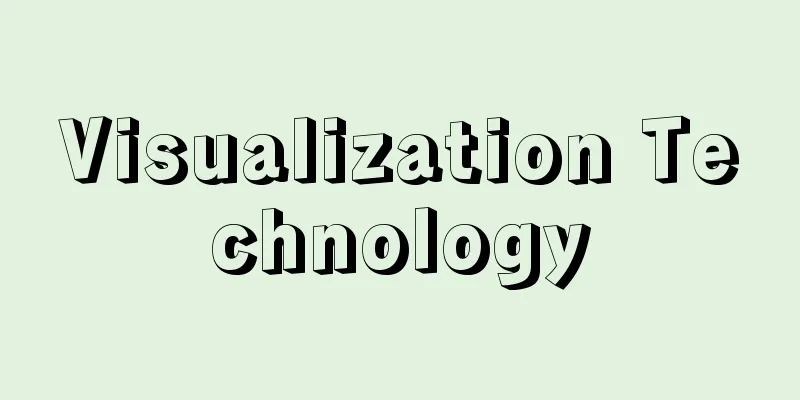Ajita Kesakambalin

|
One of the Indian free thinkers active during the rise of Buddhism. Date of birth and death unknown. He advocated a denial of morality based on materialistic thought. According to him, humans are made of the four elements of earth, water, fire, and wind, and when we die, the four elements return to the natural world, and there is no soul after death. Therefore, he argued that there is no afterlife, that we do not receive the rewards of our good and bad deeds after death, and that the rituals preached in the Vedic scriptures are meaningless. His thought is similar to the materialistic, sensory, and hedonistic thought of the Lokāyatā school. Source: Heibonsha World Encyclopedia, 2nd Edition Information |
|
仏教興隆期に活躍したインドの自由思想家の一人。生没年不詳。唯物論的思想のもとに道徳否定論を唱える。彼によれば,人間は地,水,火,風という4元素から成り,死ねば4元素はそれぞれ自然界に戻り,死後に霊魂が存在することはない。したがって来世などは存在しないし,善業・悪業の果報を死後に受けることもなく,ベーダ聖典の説く祭式も無意味であると主張した。彼の思想は,順世派(ローカーヤタ派)の唯物論的・感覚論的・快楽論的思想と類似する。
出典 株式会社平凡社世界大百科事典 第2版について 情報 |
Recommend
Oemaru - Oemaru
A haiku poet from the late Edo period. His real na...
Ozaki Yahee
...A kyoka poet from the mid-Edo period. His real...
Cloud forest
…the leaves are smaller than those in the tropics...
Anisole
Methoxybenzene, methyl phenyl ether. C 7 H 8 O(10...
Least common multiple - saishoukoubaisuu
For two or more positive integers, an integer (mu...
Aerosol
Also called an aerosol or aerosol. A type of disp...
VAPP
...First, the Proletkrit was the parent organizat...
Cromer - Evelyn Baring, 1st Earl of Cromer
1841‐1917 British administrator. Her real name was...
oyster drill
...When they grow into veliger larvae, they swim ...
Yokohama Line - Yokohama
The name of the track of East Japan Railway Compa...
Blue Brigade
…In the field of diplomacy, a meeting between Fra...
Summary action - summary action
A special lawsuit is a lawsuit that aims to proces...
How to drive in a nail - How to drive in a nail
…In rickets, the deformity can be corrected by me...
Corbicula japonica
Mollusca, Bivalvia, Corbicula. Shell length 4cm, s...
Hyogo - Hyogo
The port area of Hyogo Ward, located almost in ...
